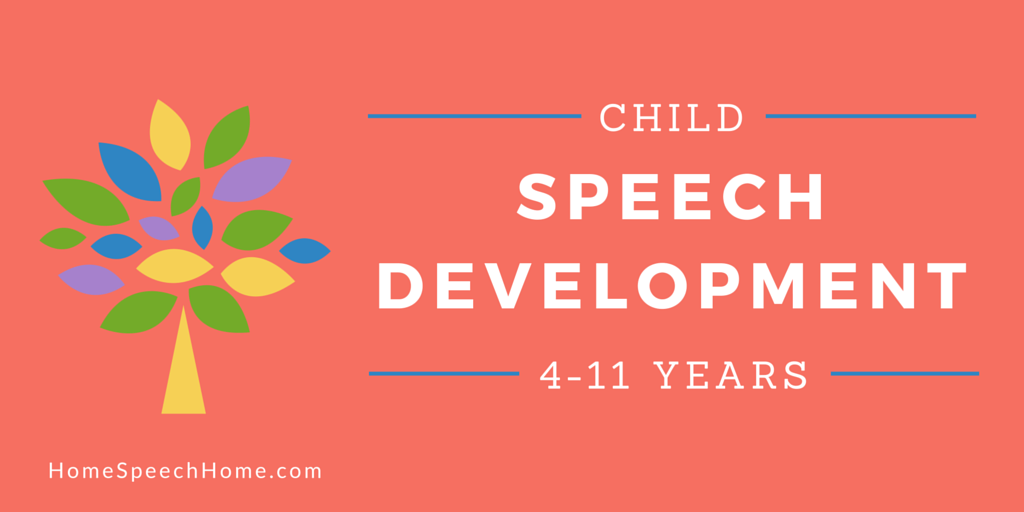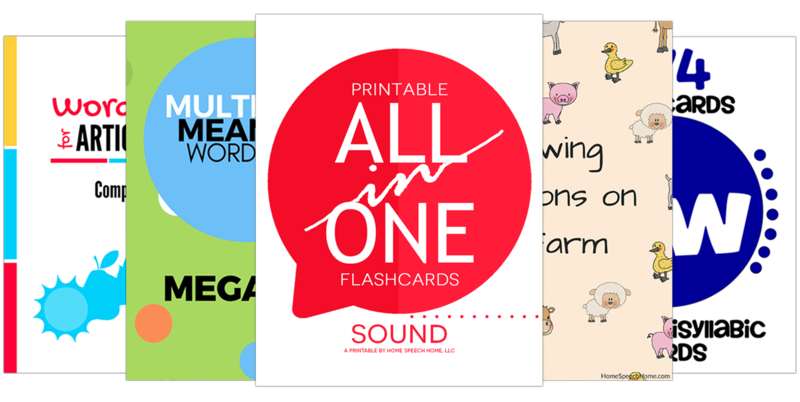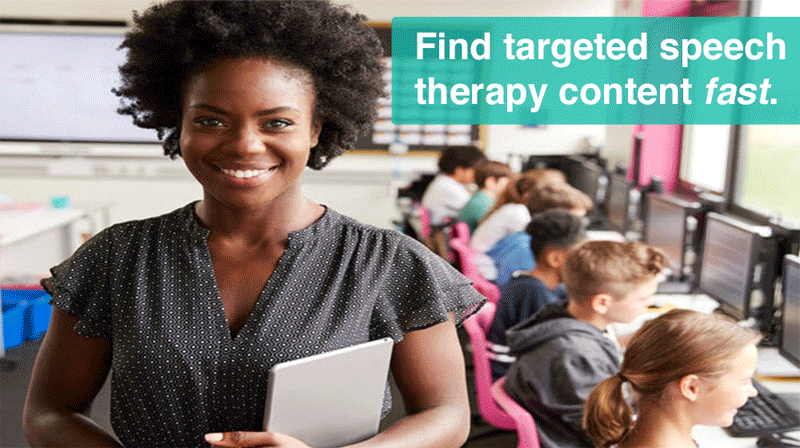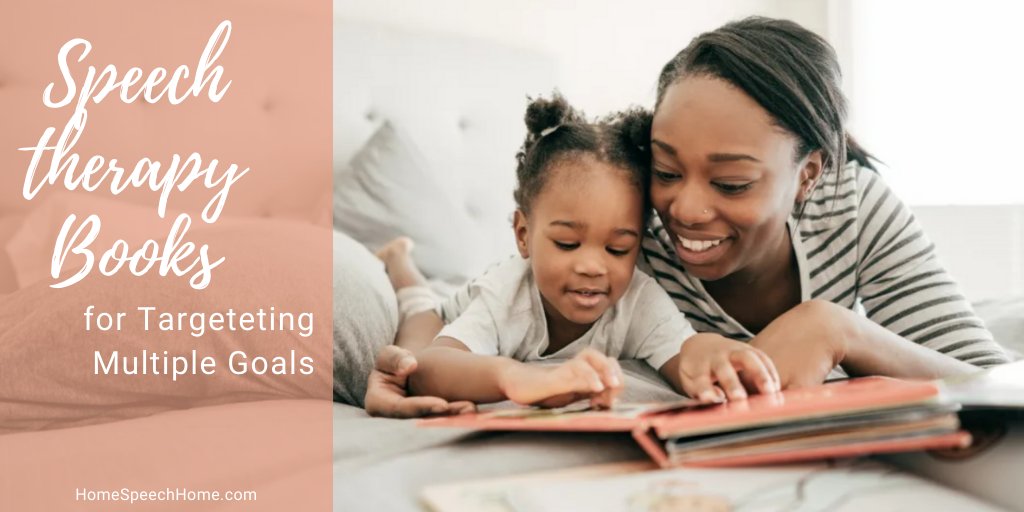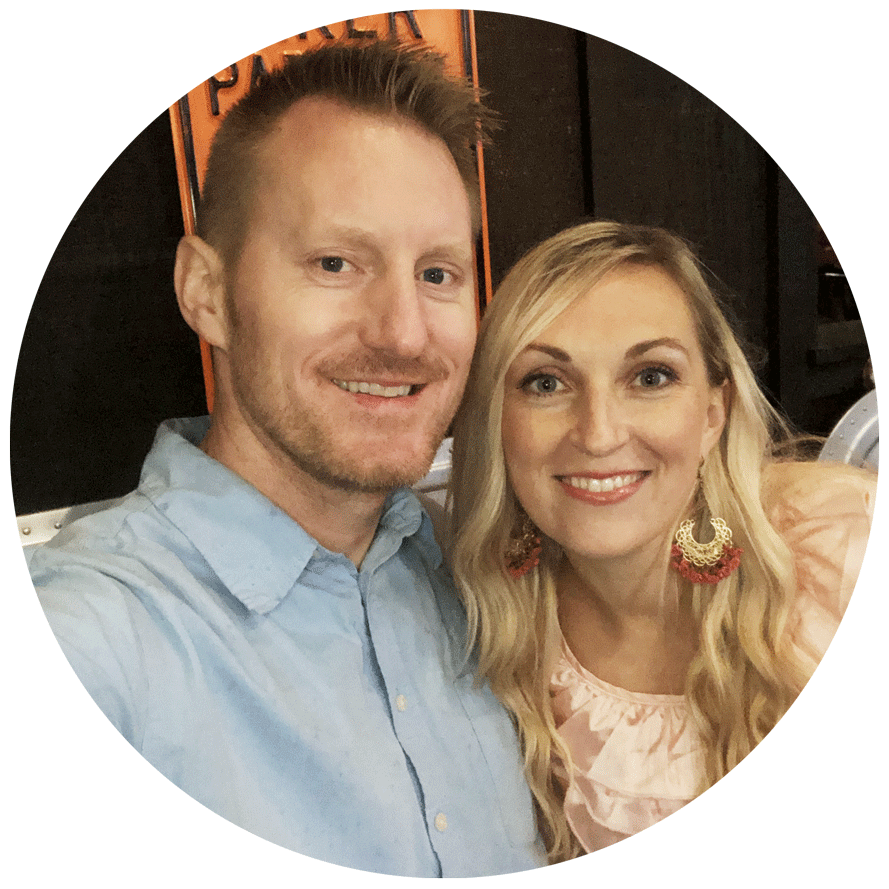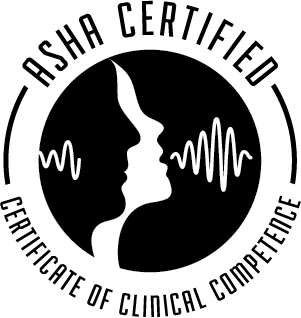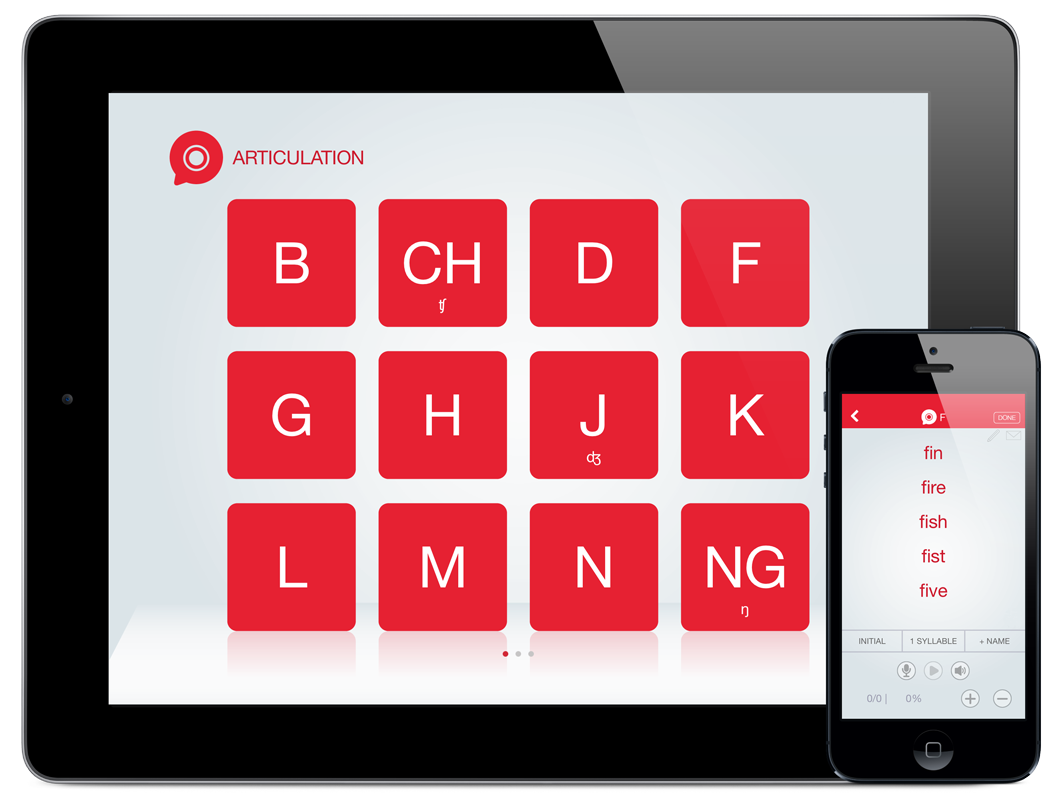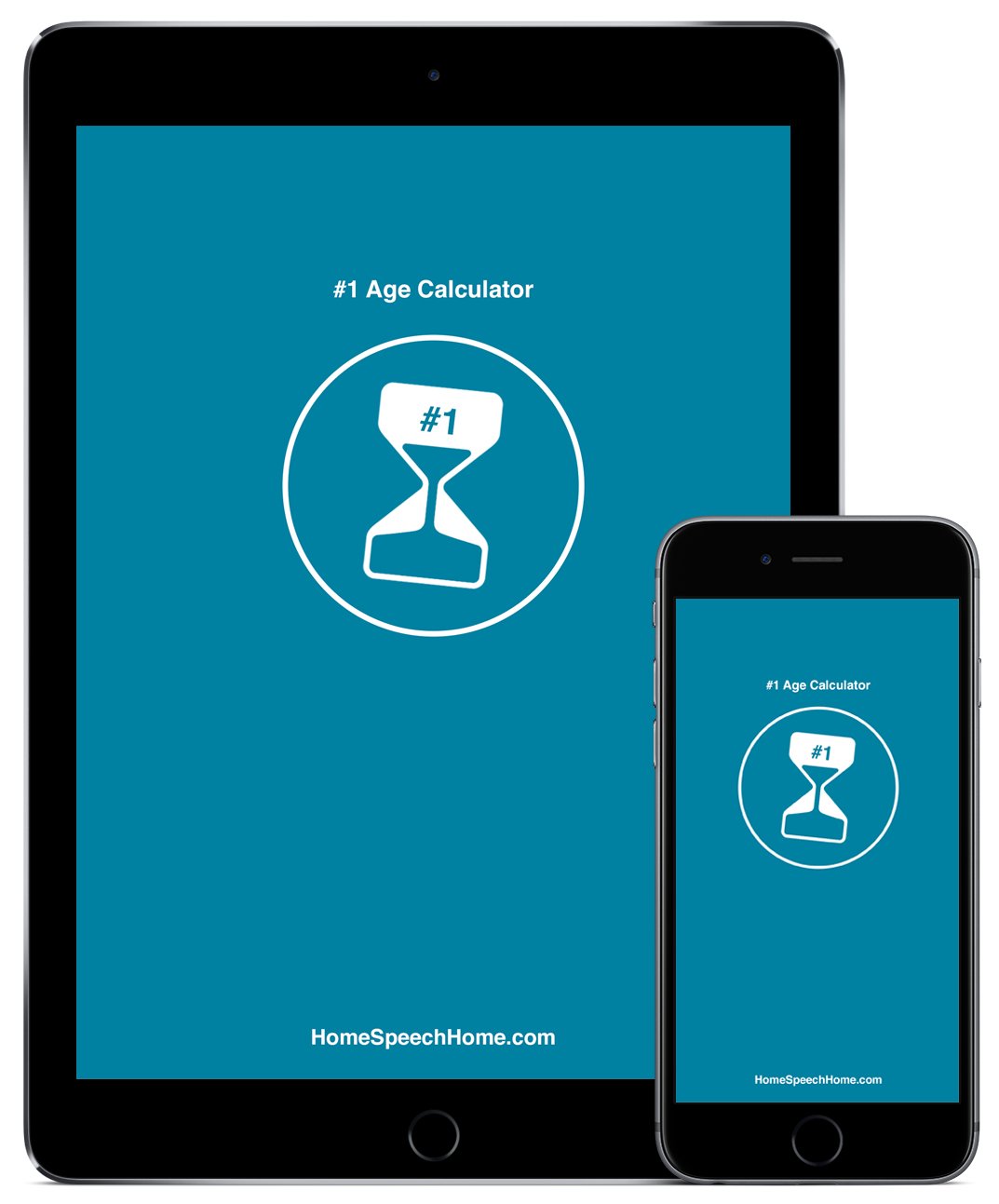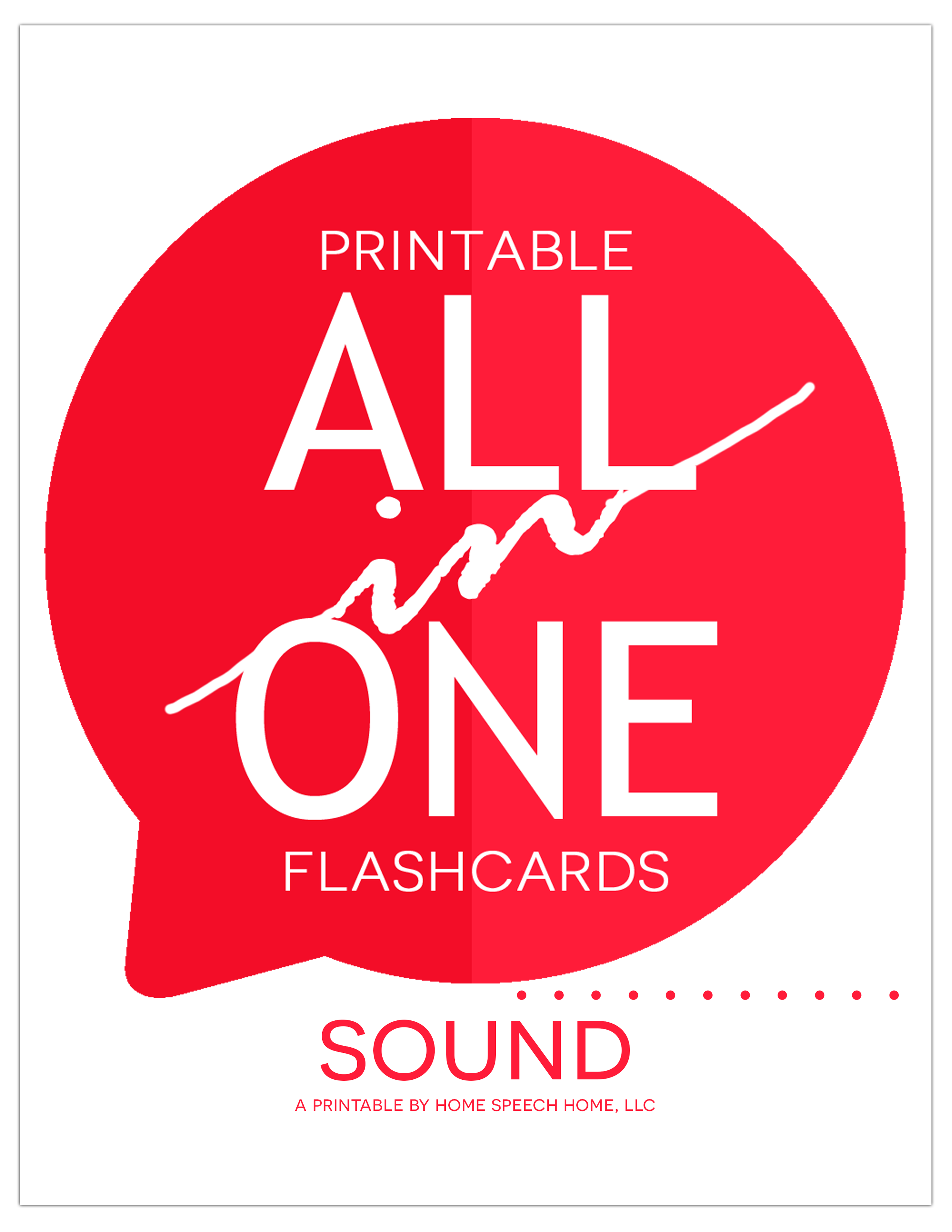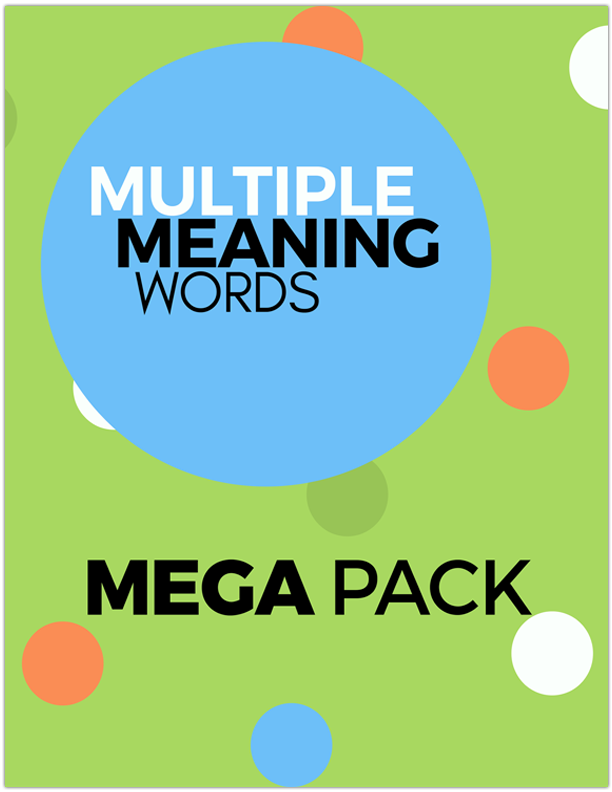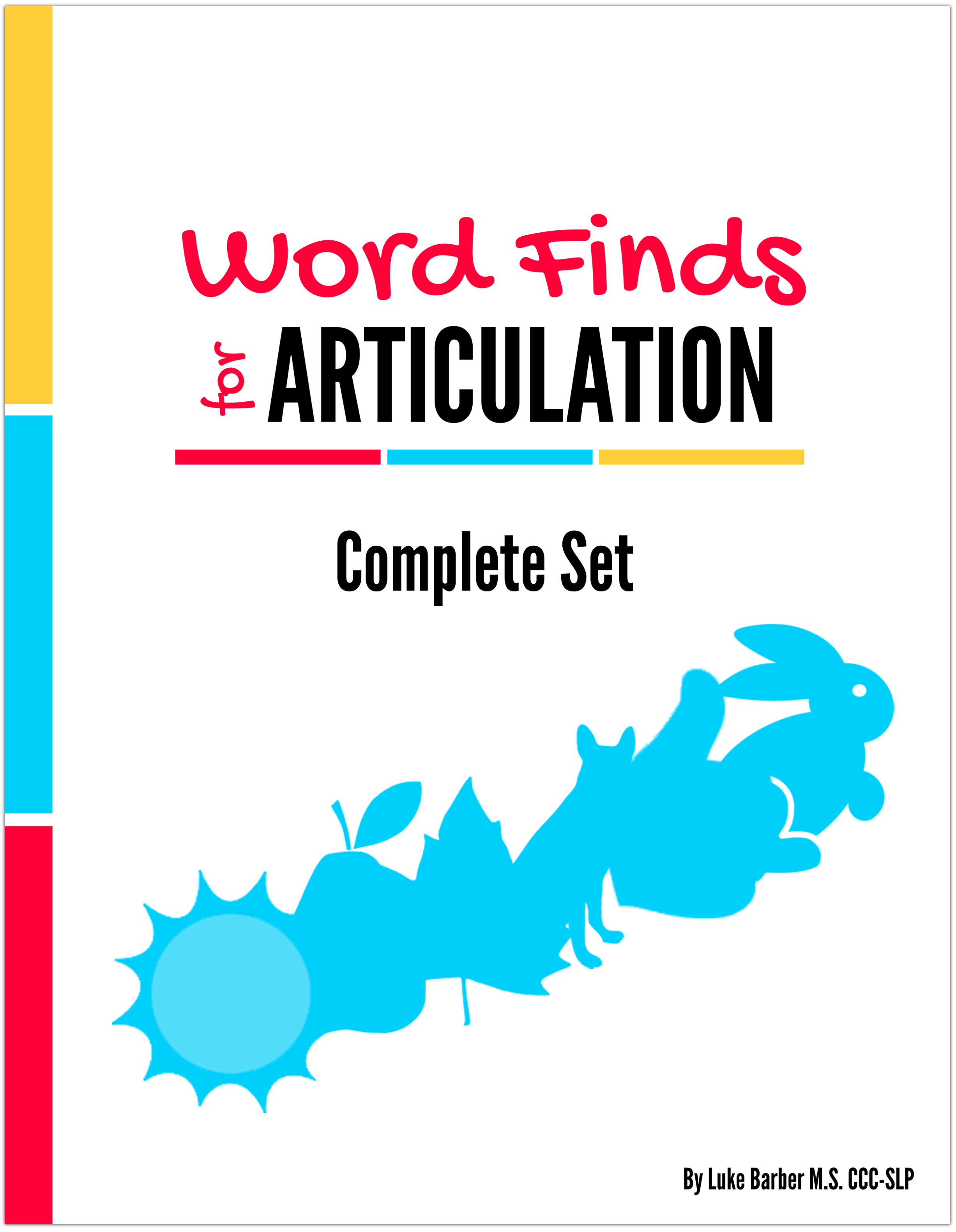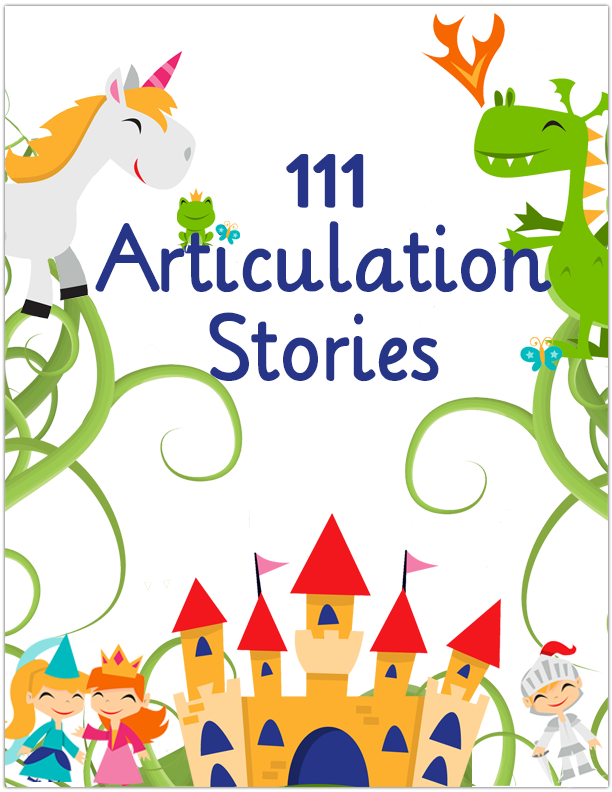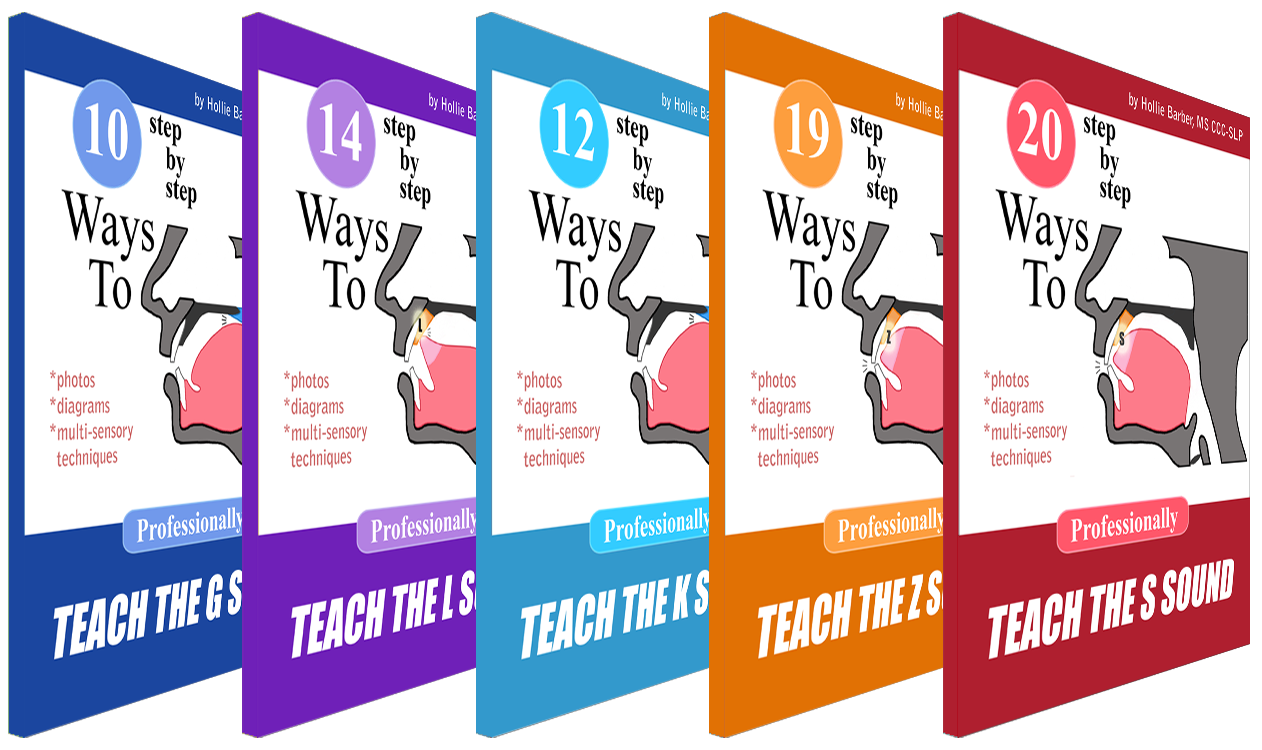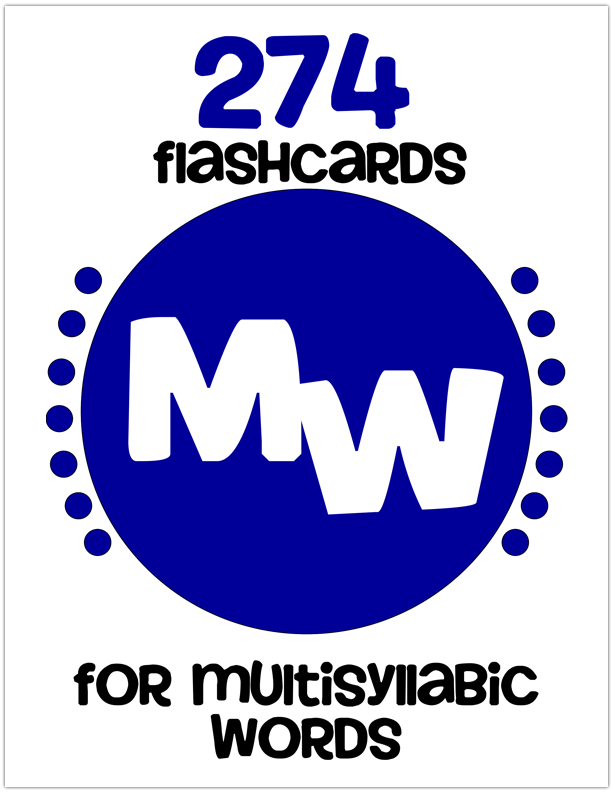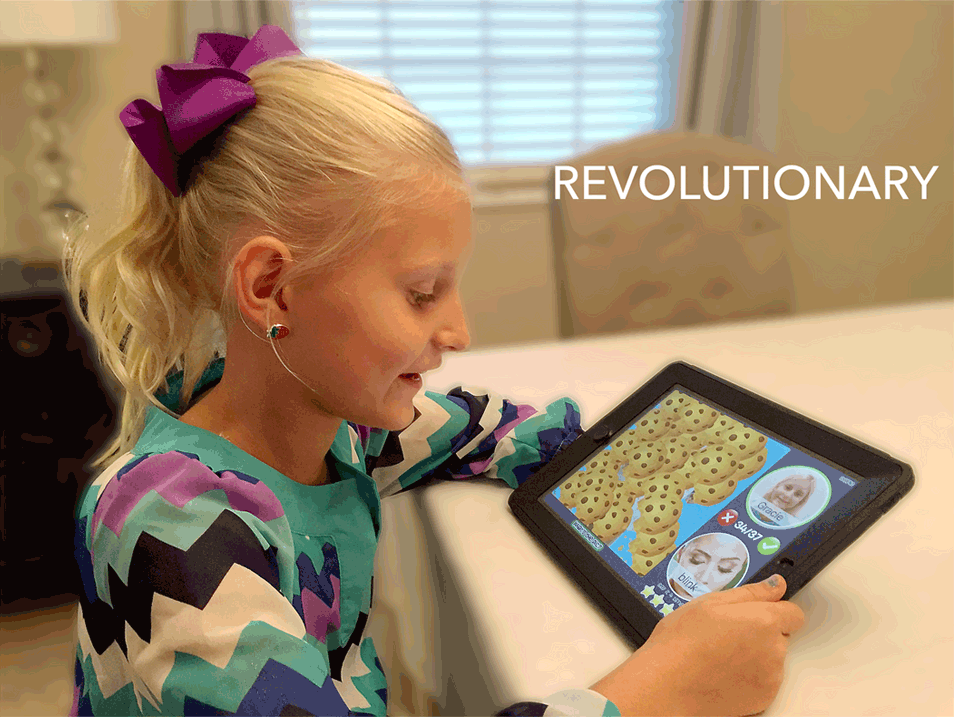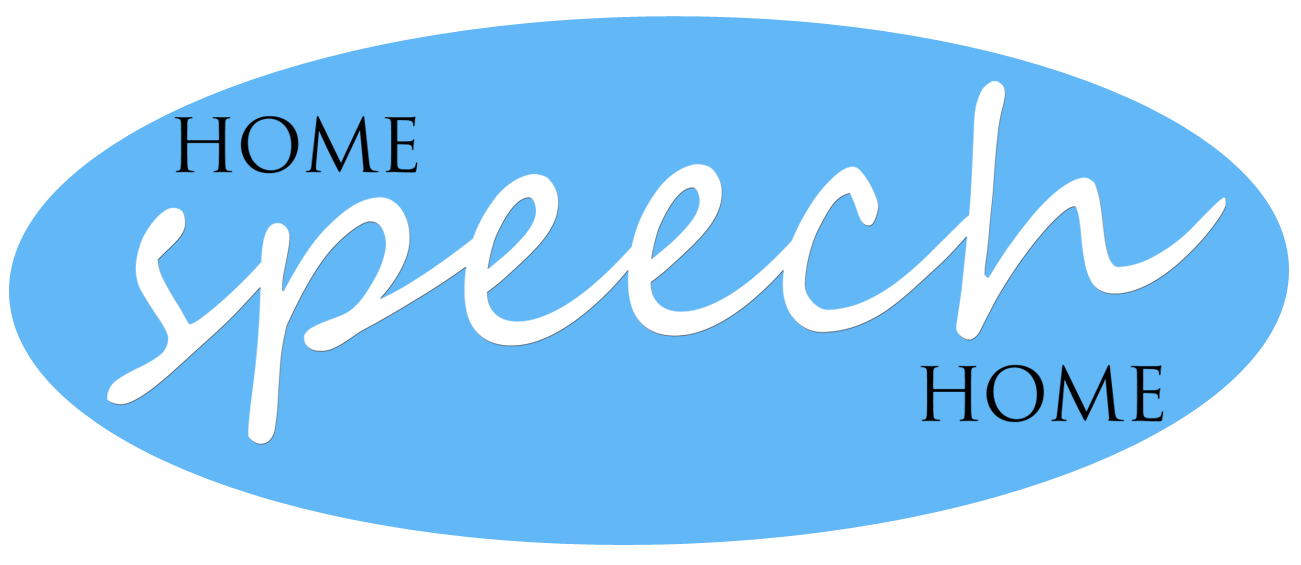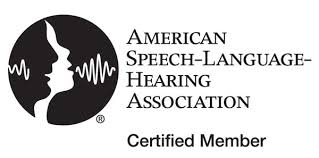Child Speech Development:
What To Expect
Child speech development: Between the age's of 4-11 years your child's speech sound development will be blossoming.
You will want to keep an eye on their speech sounds. Every sound develops at different ages.
Explore Our Goal Achieving, Client Centered Products
With as much as your child is learning it is important that you set a good example of speech skills.
Remember that even though they are soaking up information like sponges, they still don't know how to "use it all" the right way.
Keep in mind that during this time, they are developing the speech skills that they will use throughout their lives.
4 Years (48 Months)
Speech
- Says these sounds correctly: h, w, m, n, b, p, f, d, t, k, g, y, "ng" (as in sing)
- 100% intelligible = non-parent can understand everything the child says
- Use of the Cluster Reduction and most other phonological processes should be stopped
- Errors can still be common for the sounds: s, r, l, and "th" (as in this and that)
5 Years (60 Months)
Speech
- Says these sounds correctly: h, w, m, n, b, p, f, d, t, k, g, y, "ng" (as in sing
- 100% intelligible = non-parent can understand everything the child says
- Use of all phonological processes is stopped
- Errors can still be common for the sounds: s, r, l, and "th" (as in this and with)
Kindergarten (5-6 Years)
Speech
- Says these prior sounds correctly: h, w, m, n, b, p, f, d, t, k, g, y, "ng" (as in sing)
and these sounds by age 6: l, v, j, "sh" (as in shoe), "ch" (as in chew) - 100% intelligible = non-parent can understand everything the child says
- Use of all phonological processes is stopped
- Errors can still be common for the sounds: s, z, r, and "th" (as in this and with), but they should be developing
SEE ALSO: The Best Free App for Speech Therapy
1st Grade (6-7 Years)
This is the age when most speech sounds are solidified. There should only be a few sounds that still give your child trouble.
Speech
- says these prior sounds correctly: h, w, m, n, b, p, f, d, t, k, g, y,"ng" (as in sing)
and these sounds by age 6: l, v, j, "sh" (as in shoe), "ch" (as in chew) - Speech is 100% understandable
- No longer uses any phonological processes
- Errors can still be common for the sounds: s, z, r, and "th" (as in this and with), but they should be developed by age 8
2nd Grade - 3rd Grade
(7-8 Years) - (8-9 Years)
Children are considered to have all their speech sounds by age 8. If your child still has trouble with some sounds, it is very important to consult a speech-language pathologist about therapy.
Speech problems in later life can negatively affect social interactions, school performance, and even career success.
A Speech-Language Pathologist waits until 3rd grade to begin speech therapy because he/she wants to see if a child will correct speech errors on their own.
After this point, however, professional therapy is needed for any persistent error sounds so don't be alarmed if all of the sudden your child is identified for speech therapy.
Speech
- Says all sounds correctly including r, s, z, "th" (as in thin), and "TH" (as in "that") by age 8
- Trouble with difficult words may persist (aluminum, spaghetti, magazine, caterpillar)
SEE ALSO: The Best Books for Speech Therapy Practice
4th Grade - 5th Grade
(9-10 Years) - (10-11 Years)
There should be no speech problems by this age. However, the most common sound to still have trouble with is the very stubborn "R" sound.
Help your child understand why it is important to correct this as soon as possible, so that he/she will be motivated to contintue working hard in speech therapy.
It can be very frustrating for the child, parents, and SLP to continue working on the same sound for years.
If your child is not error free he/she should be receiving speech therapy for any persistent error sounds because they have been proven to negatively impact children in later life.
Do whatever you can to keep your 5th grade student motivated to correct his/her error sound. No doubt, they have been working on the same sound for several years.
Speech
- Says all sounds correctly and uses anappropriate voice
Return to top of Child Speech Development
Activities and Product Discounts, Oh My!
Sign up for Terrific Therapy Emails
Your information is 100% private & never shared.
